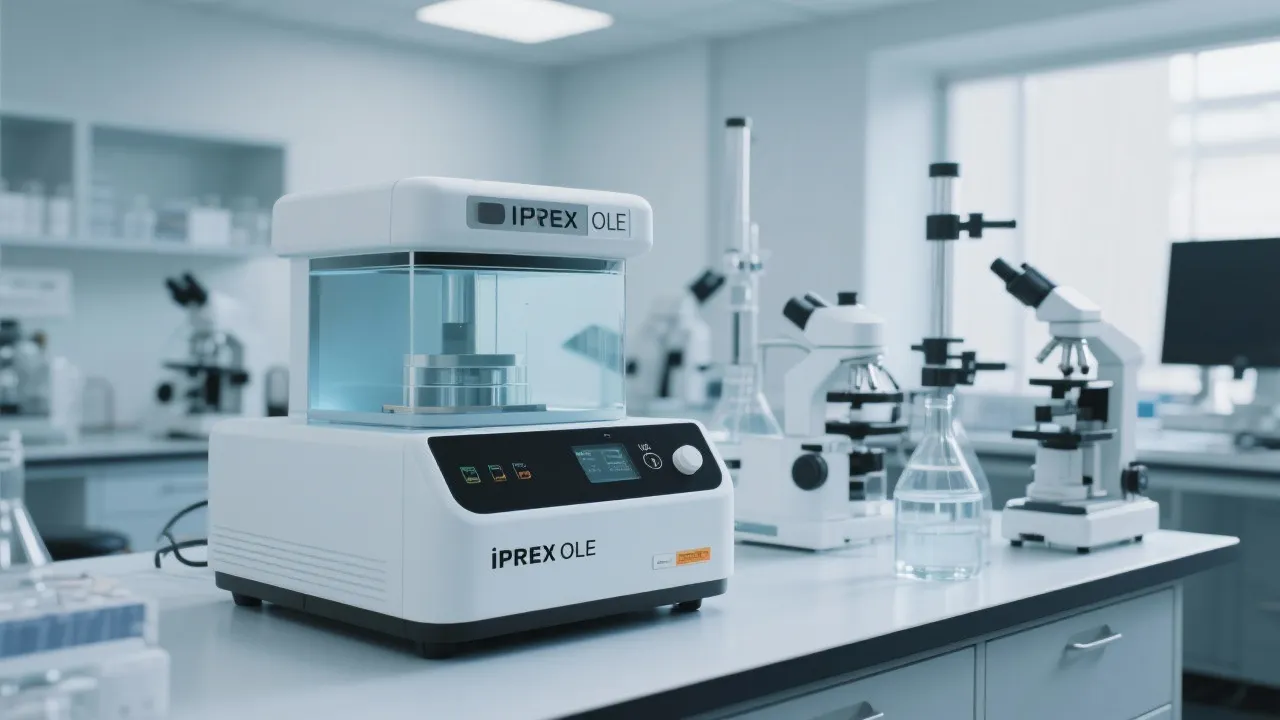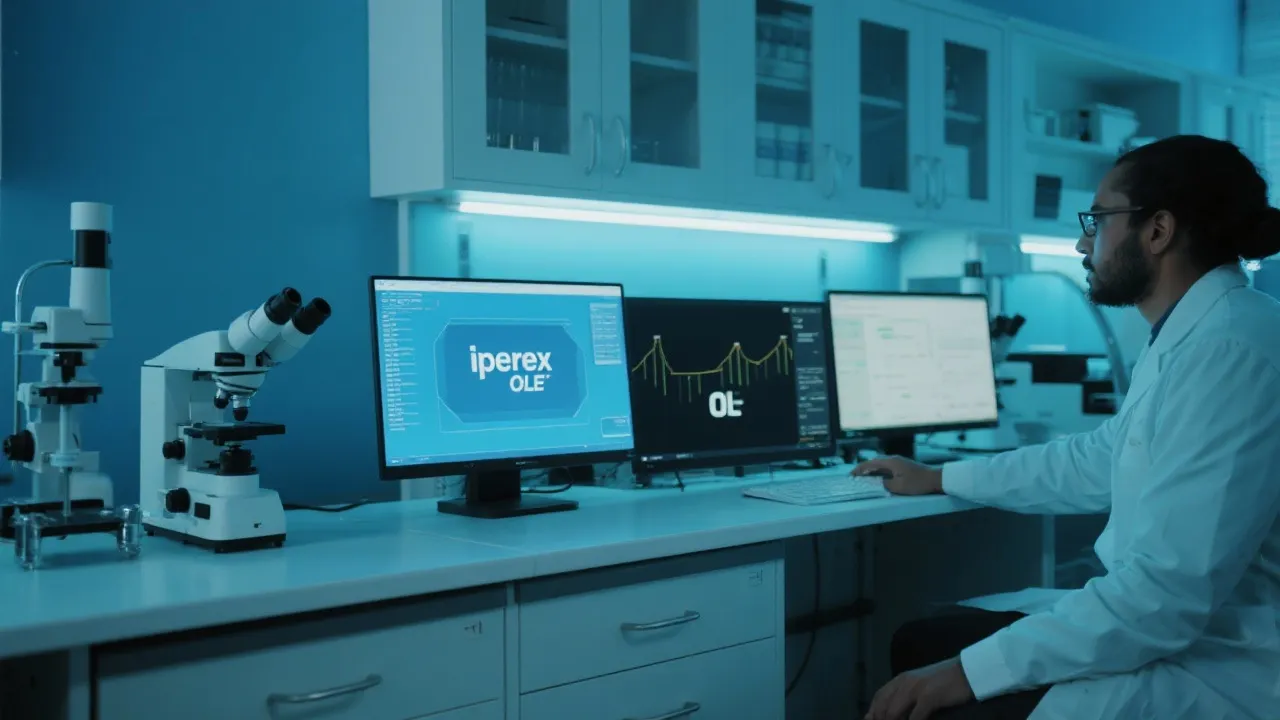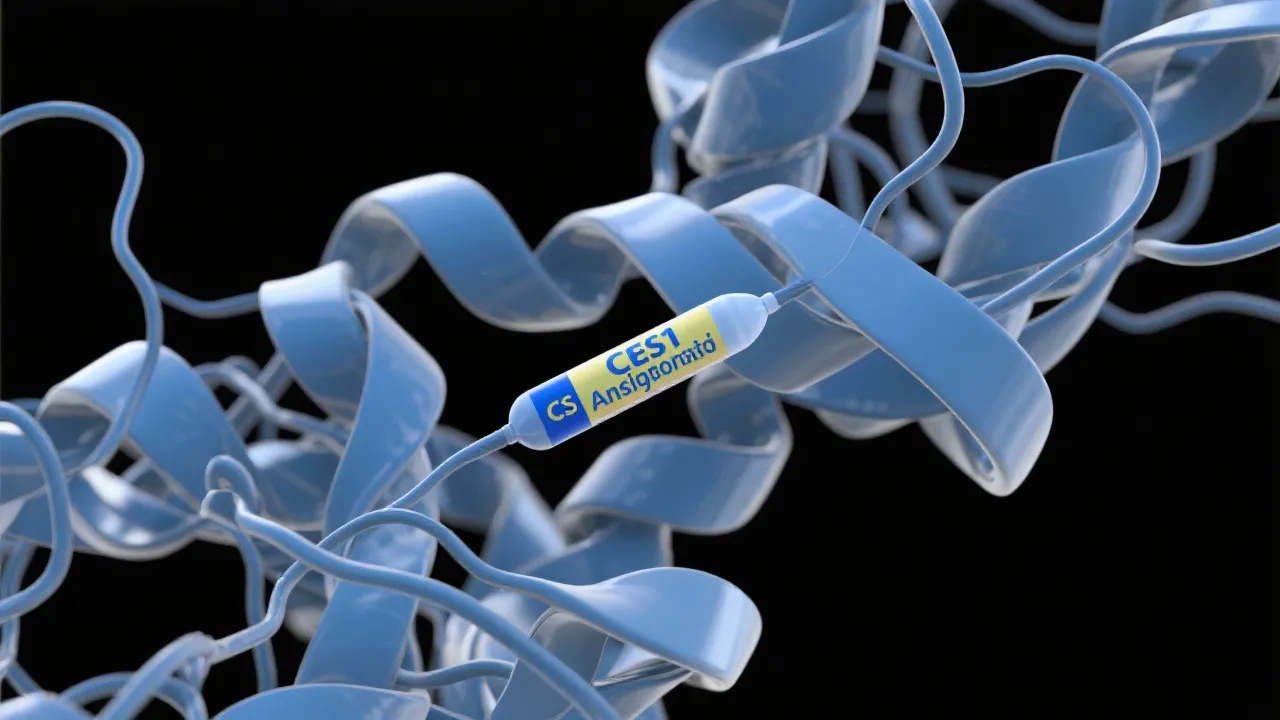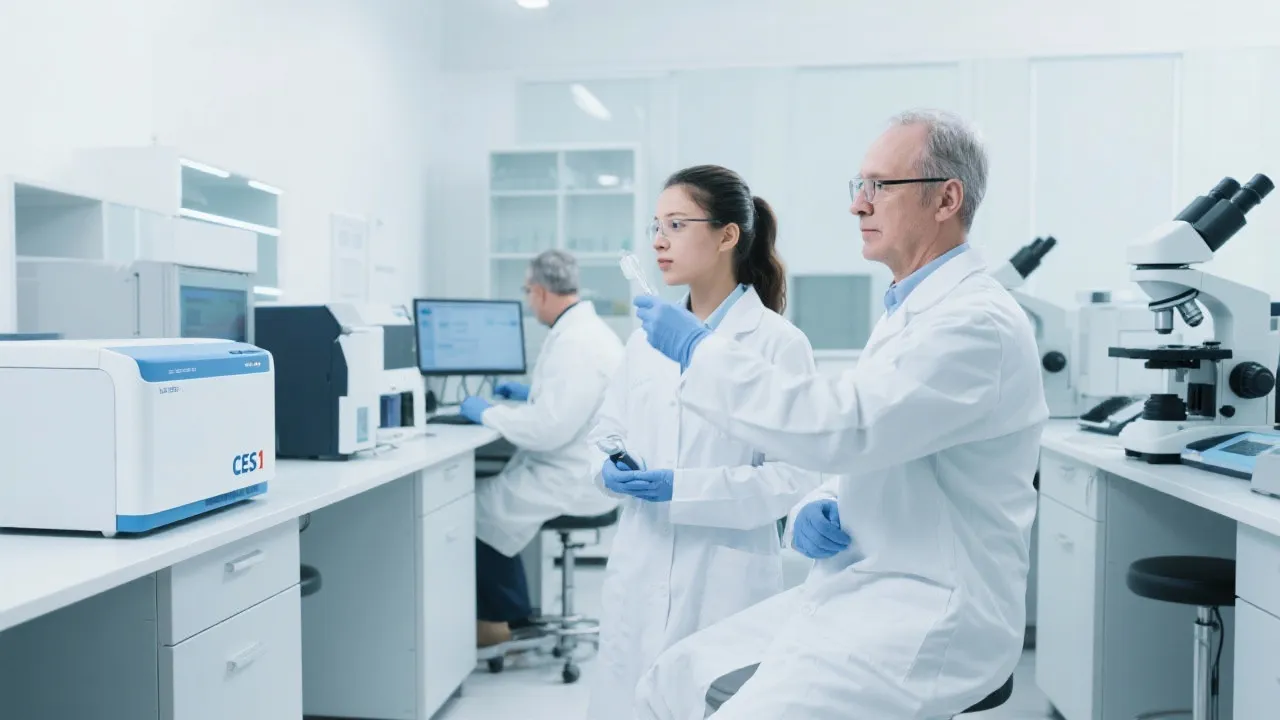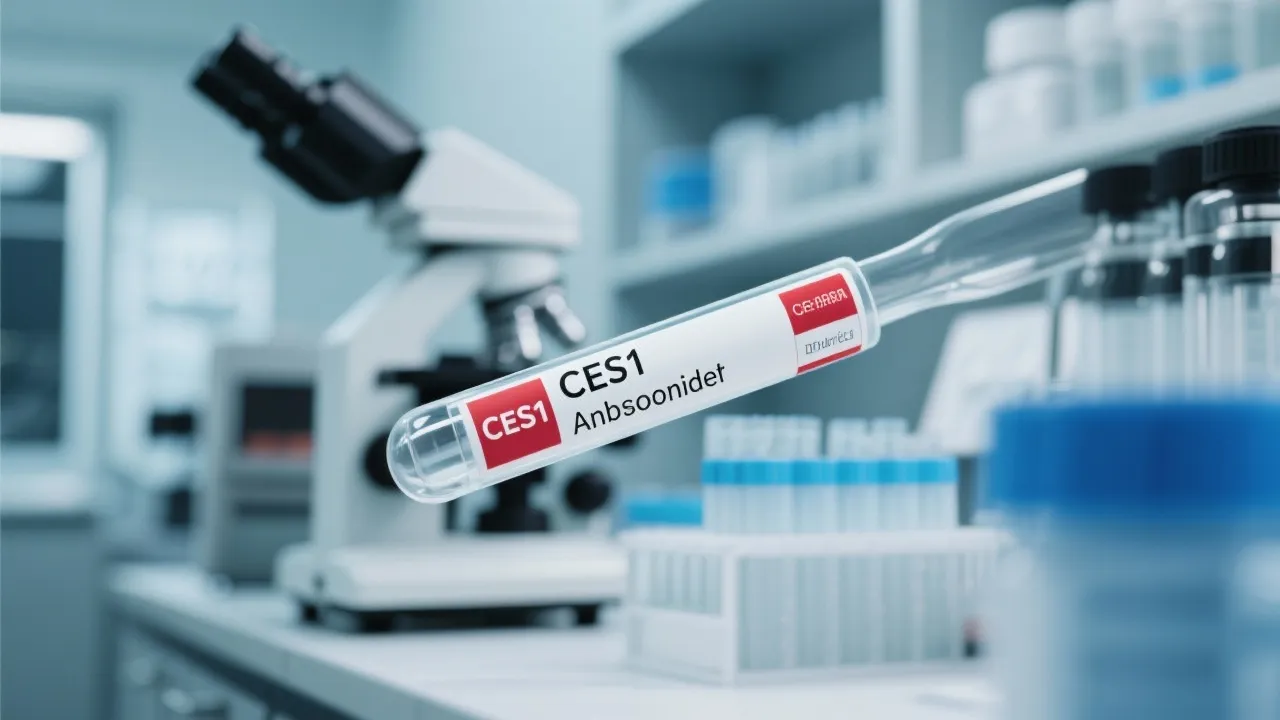Understanding Ces1 Antibody Applications
Dive into the intricate world of the Ces1 antibody and its significant role in biomedical research. This antibody is instrumental in studying liver function and metabolic processes, offering key insights into physiological and pathological states. Researchers and pharmaceutical industries leverage its utility for developing therapeutic and diagnostic solutions, representing a cornerstone in advancing scientific knowledge.
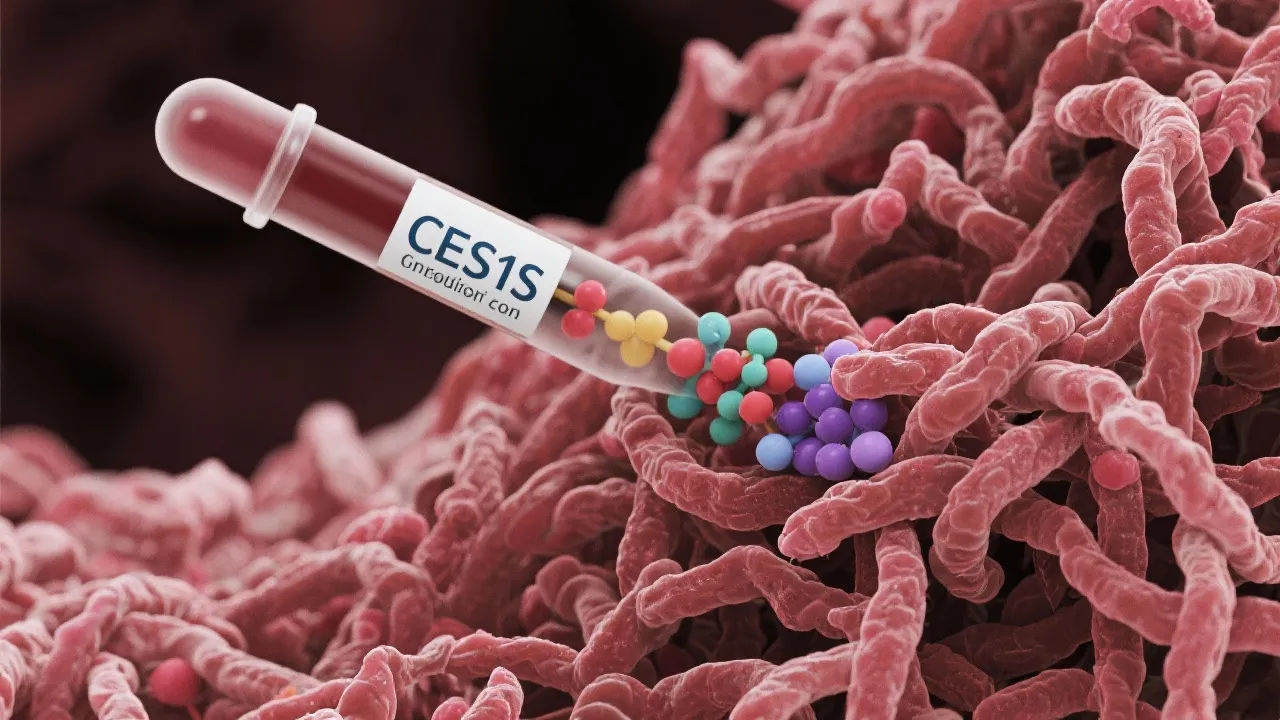
The Role of Ces1 Antibody in Biomedical Research
The Ces1 antibody, a specific biomarker, plays a pivotal role in the field of biomedical research. It is primarily utilized for the study of liver enzymes and metabolic processes, contributing significantly to understanding various physiological and pathological states. The potent specificity of this antibody enables researchers to delve into enzyme activity and regulation effectively, fostering advancements in both diagnostic and therapeutic domains. Its application extends well beyond basic research, influencing experimental design in numerous studies related to hepatic function and dysfunction.
The Basics of Ces1 Antibody
The Ces1 antibody targets the Carboxylesterase 1 (CES1) protein, which is predominantly found in the liver and is critical for the hydrolysis and metabolism of ester and amide compounds. CES1 plays a significant role in drug metabolism, particularly in the detoxification processes that the liver undertakes to maintain homeostasis. Understanding the role and function of CES1 is essential for researchers focused on metabolic disorders, drug metabolism, and liver diseases. The Ces1 antibody aids in the detection and analysis of CES1 levels and activity, which is vital for elucidating its contribution to various metabolic pathways. This understanding is particularly important in the context of how individuals respond differently to medications based on their unique enzymatic profiles, due to genetic variations affecting CES1 expression and activity.
Applications in Drug Development and Disease Research
The precise application of the Ces1 antibody in research facilitates the study of drug metabolism, especially in pharmacokinetics. By analyzing how the body breaks down and absorbs drugs, researchers can enhance the efficacy and safety of pharmaceutical compounds. The variability in CES1 expression can lead to significant differences in drug response among individuals, making it an important target for personalizing medication therapies.
Furthermore, the Ces1 antibody is indispensable in exploring the biochemical pathways of liver diseases and metabolic disorders. This includes conditions such as non-alcoholic fatty liver disease (NAFLD), hepatitis, and liver cirrhosis, where CES1 activity might be altered. Understanding how CES1 contributes to these diseases can assist in the identification of potential therapeutic targets and biomarkers for disease progression. The analysis enabled by the Ces1 antibody can lead to novel insights on potential intervention strategies that may mitigate the progression of liver diseases.
| Application | Description |
|---|---|
| Drug Metabolism Studies | Helps determine how drugs are metabolized in the liver, aiding in the development of safer medications. |
| Liver Disease Research | Facilitates the understanding of liver enzyme dynamics to uncover new treatment approaches for liver diseases. |
| Metabolic Disorder Analysis | Assists in identifying enzyme regulation paths that can signal metabolic disturbances. |
| Pharmacogenomics | Studies the genetic variations affecting CES1 that might influence individual drug metabolism, contributing to personalized medicine. |
| Biomarker Discovery | Explores CES1's role in disease states, identifying it as a potential biomarker for the progression of liver-related conditions. |
Technical Specifications and Considerations
When working with the Ces1 antibody, scientists must consider various technical aspects to ensure accurate and reliable results. Factors such as antibody specificity, sensitivity, and suitable assay conditions are critical for optimal performance. The experimental setup often dictates the choice of assay type, whether it is Western blotting, immunohistochemistry, or ELISA (enzyme-linked immunosorbent assay), all of which have distinct requirements for antibody performance.
Moreover, researchers need to pay particular attention to the choice of controls to validate results. This includes using known quantities of CES1 protein in control samples and employing isotype controls to account for non-specific binding. Validation of the Ces1 antibody's performance through rigorous testing protocols, including specificity assays and sensitivity assays, can significantly enhance the reliability of research findings and conclusions drawn from experimental data.
It is also essential to consider the impact of sample preparation on the assay outcome. This includes optimizing lysis conditions to ensure maximal protein recovery and reducing potential degradation of the CES1 protein during the extraction process. Additionally, factors such as the freezing and thawing cycles of samples can affect the integrity of protein expression, thereby influencing the outcomes of studies utilizing the Ces1 antibody.
Challenges in Using the Ces1 Antibody
While the Ces1 antibody is a valuable tool in biomedical research, there are challenges associated with its use. One major challenge is the heterogeneity of CES1 expression in different populations, which can complicate the interpretation of results. Variations in gene expression due to genetic polymorphisms can lead to discrepancies in enzyme activity, which might mislead researchers if such factors are not accounted for. Additionally, the presence of other carboxylesterases in the liver can further complicate the specificity of the Ces1 antibody, leading to potential cross-reactivity and influencing the accuracy of the data obtained.
Another challenge is related to the dynamic nature of CES1 expression, which can vary significantly under different physiological or pathological states. Factors such as diet, drug exposure, and underlying health conditions can influence CES1 levels, making it essential for researchers to accurately characterize the states of their samples. Failure to account for these variabilities can introduce noise into the experimental results and may obscure true biological insights.
FAQ
- What is the function of the Ces1 antibody? The Ces1 antibody is used to detect the CES1 protein, aiding in studies of liver enzyme activity and drug metabolism.
- How does the Ces1 antibody benefit drug development? By providing insights into drug metabolism and absorption, it helps in developing safer and more effective pharmaceuticals.
- Can the Ces1 antibody be used in clinical diagnostics? While primarily a research tool, its analytical potential supports biomarker discovery which may lead to clinical applications.
- What are the implications of CES1 genetic polymorphisms on drug metabolism? Genetic variations can alter CES1 enzyme activity, affecting how different individuals process drugs, which underscores the importance of personalized medicine.
- What assays can be used to study CES1 activity with the Ces1 antibody? The Ces1 antibody can be utilized in techniques such as Western blotting, immunohistochemistry, and ELISA, each providing distinct insights into CES1 expression and activity.
Expert Analysis
From an expert perspective, the utilization of the Ces1 antibody offers a profound impact on both basic and applied sciences. It aids in clarifying the complexities of liver-related enzymatic pathways, which are crucial for advancing our understanding of metabolic diseases. Experts emphasize rigorous testing and control implementation to maximize the insights gathered from Ces1 antibody studies. The antibody's development not only embodies advances in immunology but also signifies its importance in translational research that bridges laboratory findings with clinical applications.
The ability to thoroughly characterize CES1 activity through the Ces1 antibody opens new avenues in pharmacogenomics, particularly in tailoring drug therapies to individual genetic backgrounds. This has significant implications not just for enhancing therapeutic efficacy but also for potentially reducing adverse drug reactions—a critical issue in modern pharmacotherapy. Understanding CES1 regulation can lead to breakthroughs in managing conditions influenced by this enzyme, allowing clinicians to better tailor treatment plans based on individual metabolic responses.
In conclusion, the Ces1 antibody is an invaluable resource in the arsenal of molecular biology, serving as a bridge between fundamental research and clinical applications. Its role in drug metabolism and disease research underscores its significance in the ever-evolving landscape of medical science, promising further breakthroughs in the future. Investing further in research utilizing the Ces1 antibody could lead to improved disease prevention strategies and personalized medicine approaches that significantly enhance patient outcomes.
